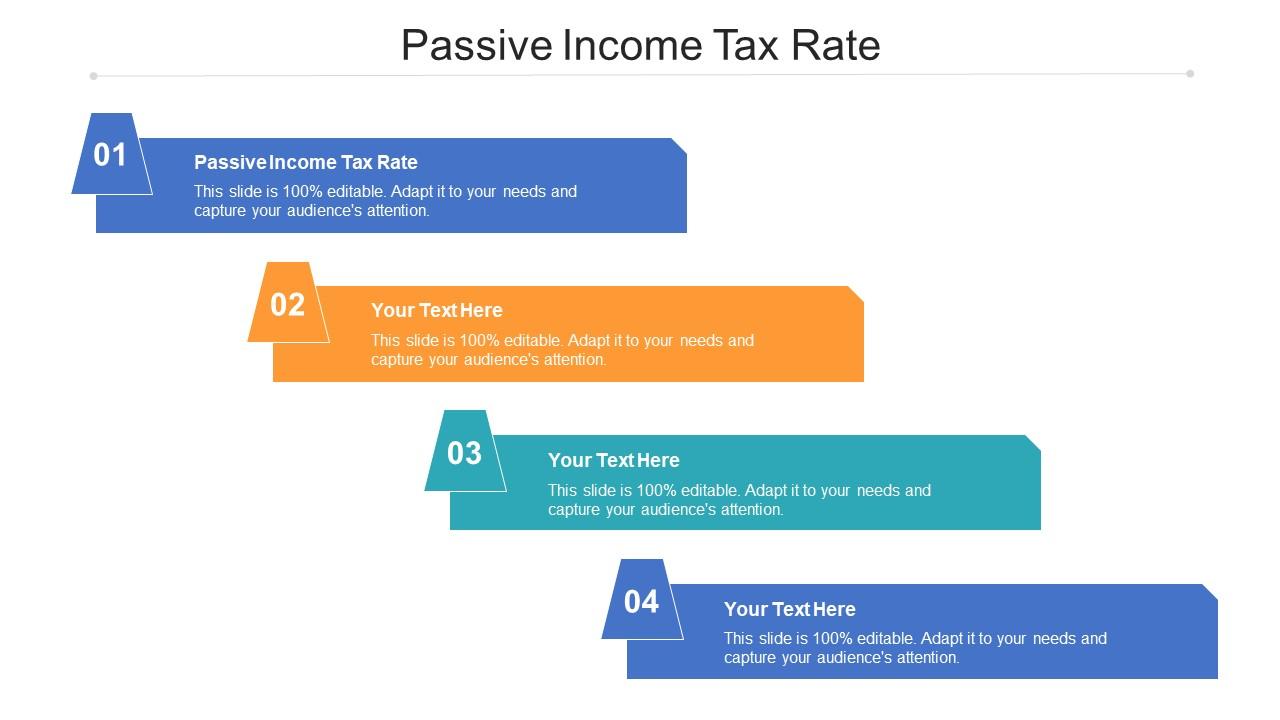Home>Finance>Medicare Wages: Definition, How They’re Taxed, Limits And Rates


Finance
Medicare Wages: Definition, How They’re Taxed, Limits And Rates
Modified: February 21, 2024
Understand the definition and taxation of Medicare wages, including limits and rates. Explore the financial aspects of Medicare wages for comprehensive knowledge in finance.
(Many of the links in this article redirect to a specific reviewed product. Your purchase of these products through affiliate links helps to generate commission for LiveWell, at no extra cost. Learn more)
Understanding Medicare Wages: Definition, How They’re Taxed, Limits and Rates
When it comes to understanding your finances, there are many terms and concepts that can be confusing. One such term is “Medicare wages.” In this article, we’ll dive into what Medicare wages are, how they’re taxed, the limits that apply, and the rates you can expect. So, let’s get started!
Key Takeaways:
- Medicare wages are the earnings that are used to determine an individual’s Medicare tax liability.
- Medicare wages include all forms of compensation subject to Medicare tax, such as salaries, wages, bonuses, and tips.
What are Medicare Wages?
Medicare wages are the earnings on which you pay Medicare taxes. These taxes are used to fund the Medicare program, which provides health insurance coverage for individuals aged 65 and older, as well as certain individuals with disabilities.
Medicare wages include all forms of compensation subject to Medicare tax, such as salaries, wages, bonuses, and tips. They also include non-cash benefits like the fair market value of meals and lodging provided by an employer, as well as contributions to qualified retirement plans.
It’s important to note that not all forms of income are subject to Medicare tax. Some examples of income that are not considered Medicare wages include:
- Income from self-employment
- Distributions from retirement plans, such as IRAs and 401(k)s
- Capital gains
- Income from rental properties
How are Medicare Wages Taxed?
Medicare wages are subject to a tax rate of 1.45% for both employees and employers. This means that if you are an employee, your employer will deduct 1.45% of your Medicare wages from your paycheck, and your employer will match that contribution.
Self-employed individuals are responsible for both the employee and employer portion of the Medicare tax, which is a total of 2.9%. However, self-employed individuals may be able to deduct a portion of their Medicare tax as a business expense.
Limits and Rates
There is no limit to the amount of Medicare wages that are subject to the Medicare tax. Unlike the Social Security tax, which has a wage base limit, the Medicare tax applies to all wages without any cap.
In addition to the standard Medicare tax rate of 1.45%, individuals with high incomes may be subject to an additional Medicare tax of 0.9%. This additional tax applies to individuals whose wages exceed $200,000 for single filers or $250,000 for married couples filing jointly.
It’s essential to be aware of these limits and rates to ensure accurate tax reporting and compliance.
Conclusion
Understanding Medicare wages is crucial for managing your finances effectively. By knowing how these wages are defined, taxed, and subject to limits and rates, you can ensure that you are meeting your tax obligations. Remember to consult with a financial advisor or tax professional for personalized advice based on your specific situation.














